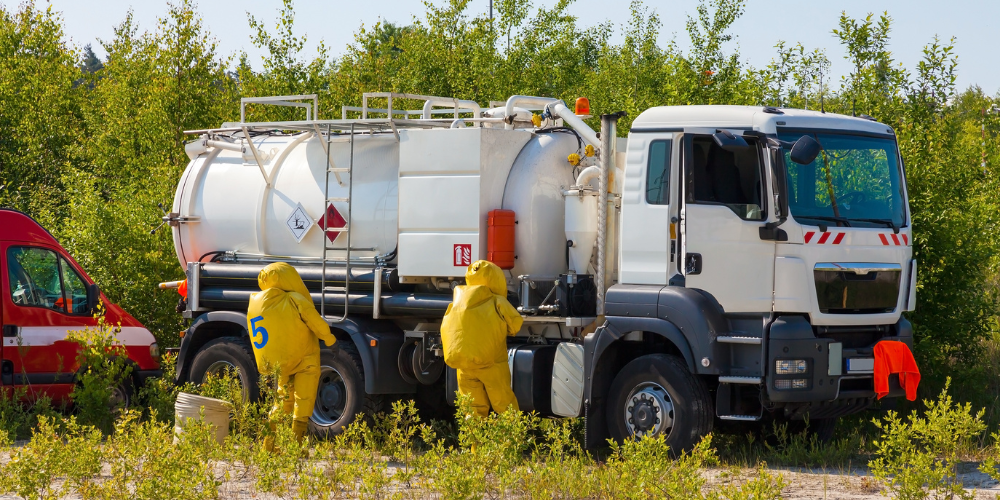
Email: jberger@ertitraining.com
Phone: 541-740-4241
The Importance of the Hazmat Incident Commander's Responsibilities
When a hazmat emergency occurs, someone must lead and manage the response effort. That person is the Incident Commander (IC)

When a hazmat emergency occurs, someone must lead and manage the response effort. That person is the Incident Commander (IC), who is responsible for making decisions that will affect the safety of responders, victims, and the surrounding community. The IC is the person in charge of the emergency response team. They must possess an extensive background in emergency management, and their authority derives from their position, experience, and training. The Incident Commander has many responsibilities, all of which are essential to effective incident management. This blog will discuss the responsibilities of the IC and their importance.
The Incident Commander's primary responsibility is to prioritize the safety of all individuals involved in the incident. Life safety is placed as the highest priority. The IC ensures that everyone is safe, and the potential for further harm is eliminated. Proper communication and decision-making skills are required to safeguard lives effectively. The Incident Commander must also consider the relationship between the various incident response agencies and organizations in the area to perform their duties and decide on the most efficient allocation of available resources.
The second priority of the IC is to stabilize the incident in question. Incident stabilization is accomplished through the mobilization of resources, making sure that the hazmat incident does not spread, or no further damage occurs. That includes guarding against spillages, explosions, or other immediate harm and risks. The IC manages the deployment of resources available to control the situation and prevent it from escalating.
The third priority of the IC is property conservation or disaster mitigation. This involves taking measures to avoid further risks or emergency situations and preserving the environment, infrastructure, or other property interests. The severity of the incident can be mitigated with proper measures. The management of a hazmat disaster to mitigate loss requires an effective Incident Commander.
The size and complexity of the command system developed and implemented by the IC should be directly proportional to the magnitude and complexity of the incident. Incident Commanders must have a thorough understanding of command systems and the necessary resources to manage an incident effectively. The Incident Commander must control all aspects of the operation, from the time the incident begins to the final case report.
Coordination is essential for effective incident management to prevent the waste of resources on unnecessary tasks. Without coordination, unselected units will not contribute to a specific outcome. Proper coordination will ensure that units work within the action plan. Coordination is the key to efficient emergency response management, ensuring efficient and timely service. The Incident Commander must have defined goals and strategies with specific objectives to achieve effective incident management.
The Incident Commander's role is essential in efficient disaster response management. They are the backbone of the emergency response operation, coordinating the deployment of resources and ensuring that everyone involved is safe and protected. The primary goal of an Incident Commander is to minimize damage and suffering, and all their duties are centered around this goal. Coordination is the key to effective incident management, and the Incident Commander must develop an efficient communication platform and command system to ensure precise, timely coordination, and resource allocation.
The Incident Commander is responsible for a mission that involves life safety, damage and injury reduction, and case closure. Effective incident management begins with the Incident Commander, and their critical role cannot be overlooked.









